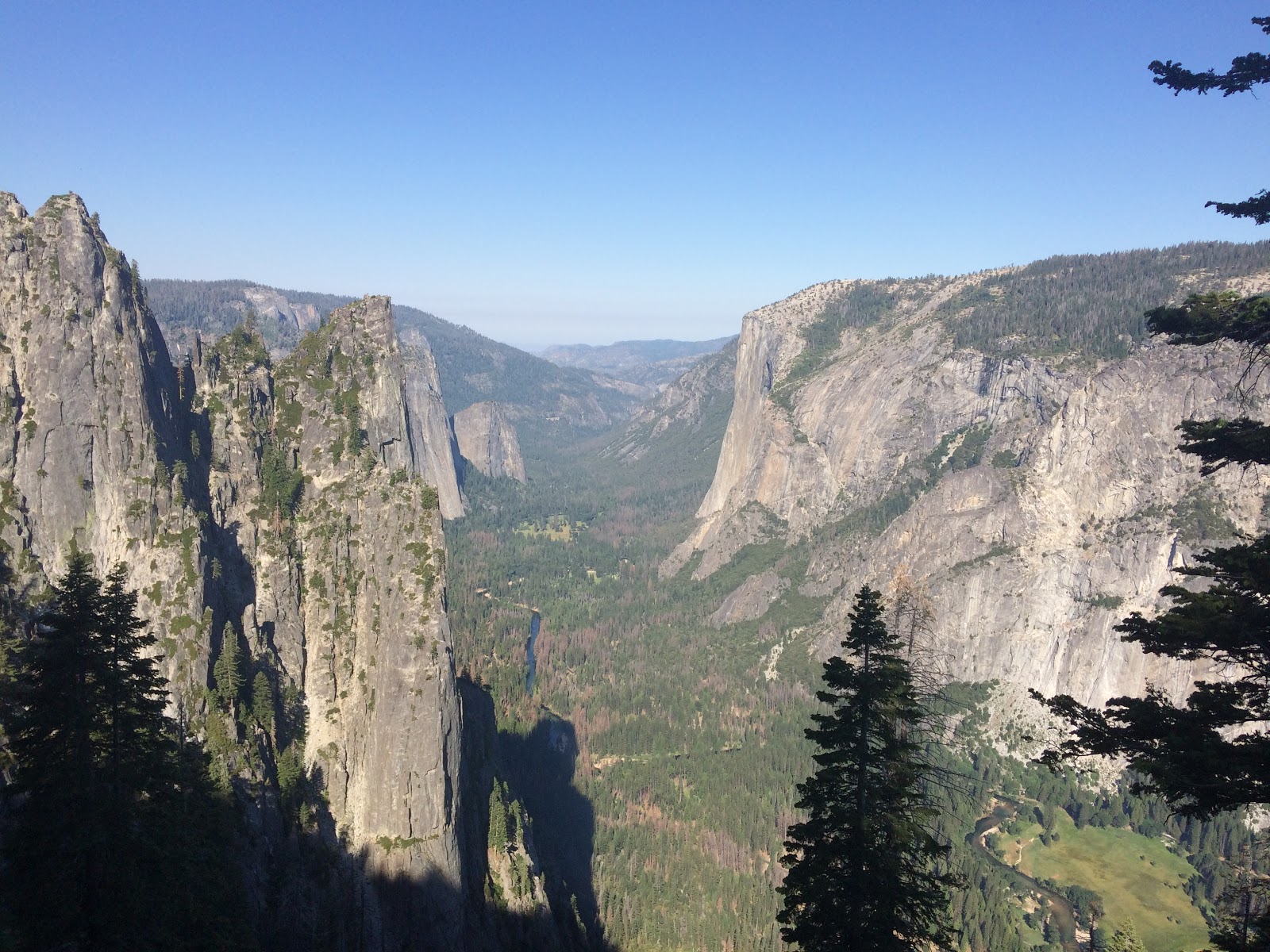As a part of our Master’s program, MSNE students explore labs outside of our programs in 6 to 8 week research internships. In this and a following series of posts, we collected stories of the experiences we made during our internships. In our first post, Pranshul, Annika and Vanessa share their impressions from interning in California, Tübingen and Boston.
Pranshul: UC Davis with Dr. Clifford Saron
I joined Dr. Clifford Saron’s lab at the University of California, Davis. It commenced in April 2018 as my 12-week research internship, and now has evolved into my thesis. My work is on the effect of intensive meditation on cognitive functioning of human beings. This is done by employing Stroop task, which contains a conflict component. This data was collected during the Shamatha project in 2007, which is the most comprehensive study of meditation to date, investigating the psychological and physiological processes underlying such benefits. The experience of working with a bunch of psychologists and neurologists was quite enriching. I enjoyed the discussions with my mentor the most as he himself beautifully embodies the qualities of compassion, curiosity, and openness.
I loved the fact that people were so devoted to the process of research rather than keeping an eye on the results the whole time. It helped me explore things and get involved in the process thoroughly. Alongside, I was exploring the U.S. culture, which itself is an amalgamation of various cultures. I learned a bit of Russian, and forgotten it quickly too. On my birthday, 17th of June, my housemates and I went to the lake Berryessa where I had my first taste of American beer. After a week, we packed our bags to adventure into Yosemite National Park, which is a must for any nature lover. While I was coming back to Munich, I met a guy in the train and engaged in a random discussion about my work. He got so interested that he invited me to his office in San Francisco and we converse for almost two hours. In general, I met interesting people and really enjoyed the warmth of people, though it got tricky at times when I found that it was only limited to the words. As it always does, now my understanding of the world is grounded with more diversity.
I presented my work at Transforming Education Conference for Humanity (TECH), UNESCO Mahatma Gandhi Institute of Education for Peace and Sustainable Development.
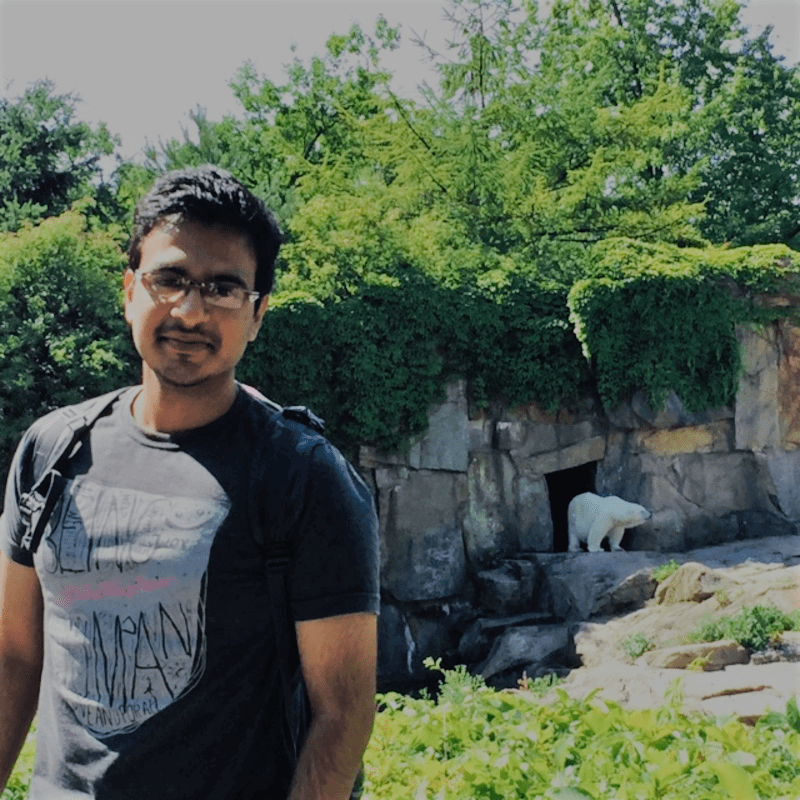 Pranshul Saini
Pranshul Saini
Annika: MPI for Intelligent Systems with Dr. Moritz Große-Wentrup
By the beginning of the summer semester 2018, I still struggled finding a field that I wanted to concentrate on and delve into. In a field with as many aspects as Neuroengineering, this is not overly surprising – however, in order to find a group for a research project with fruitful and enjoyable collaboration, it is very helpful to have an idea of what to look for. So, apart from looking through tons of different lab homepages, I tried to keep my eyes open to find topics that would excite me. Fortunately, I got help from one of our courses through a paper we had to read, which made me (re-)discover my fascination for the ability of the brain to re-establish connections and functionalities. In other words, the whole field of Neurorehabilitation. I decided to approach our Professor, Gordon Cheng, who took part in the paper, and he advised me to contact Moritz Große-Wentrup and his group at the Max-Planck-Institute in Tübingen. Funny enough – you might think – that of all countries in the world, the lab I was advised to was in Germany itself, additionally it was also in the city where I studied for my Bachelor, which makes me believe that all ways come back to Tübingen somehow.
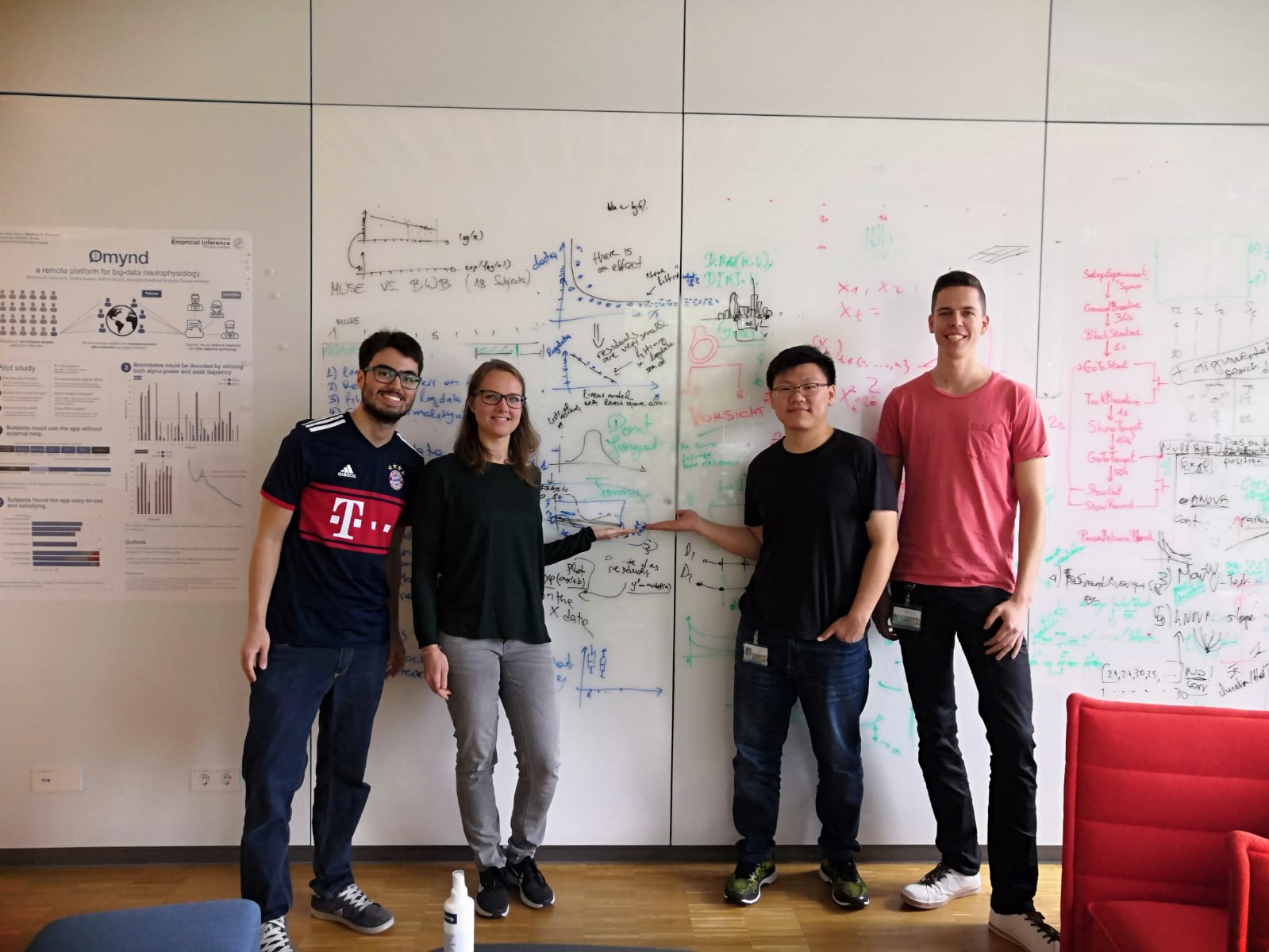
When I met with Moritz in Munich, I first had to discover that he does not put focus on the field of pure Neurofeedback anymore, i.e. the ability of the brain to change in reaction to feedback about its own activity. However, he suggested a project embedded in the study of one of his PhD students, Atalanti Mastakouri, which aims to enhance motor recovery of stroke patients with electrical stimulation. She had recorded data from several healthy subjects who had to perform a motor task, either under stimulation or without stimulation. The data she recorded and analyzed was EEG data, so the brain activity that can be measured on the surface of the head. My task was to compute the actual sources of activity in the brain and analyze the data in this source level. That sounds pretty easy but given that the EEG gives us at most roughly 100-250 measured values on the head surface while inside the brain we have at least thousands of values to estimate, this problem turns into a highly underdetermined formulation. Luckily, we can formulate how brain activity arrives on the surface as a linear problem. There exist several ways to find solutions to the inverse of this – where I won’t go into more detail here.
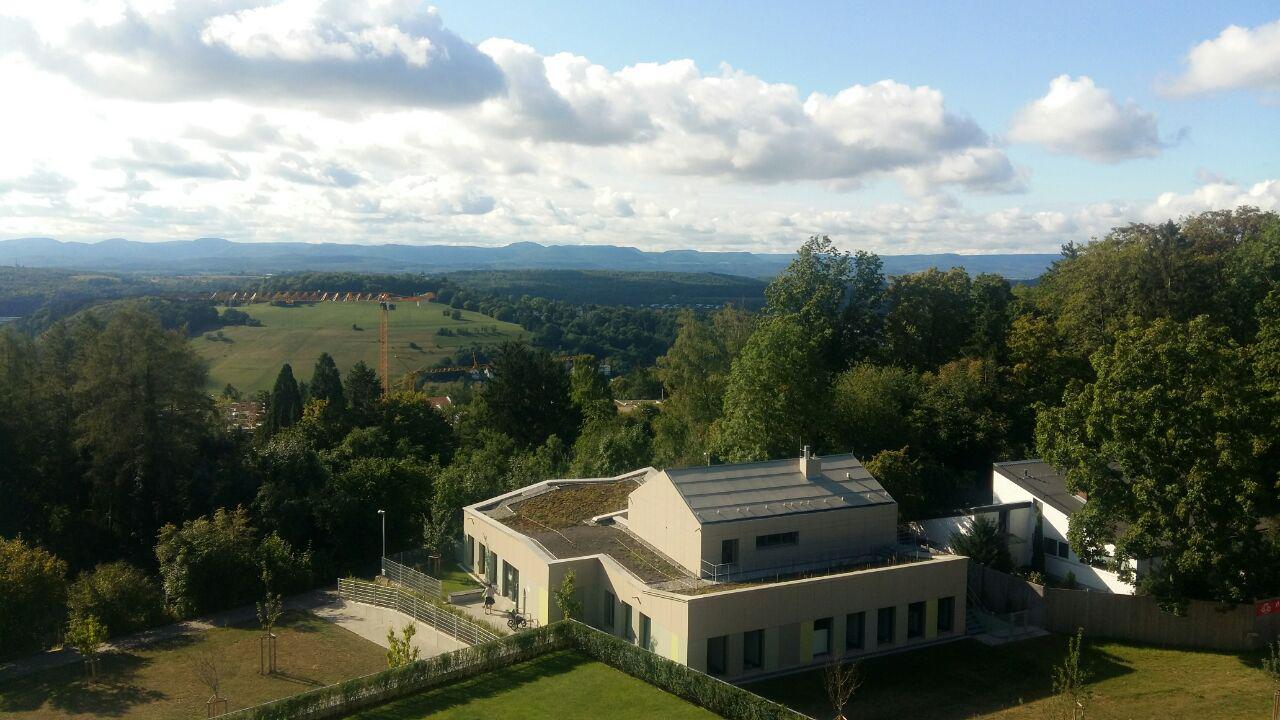
This is how my summer internship at the MPI in Tübingen started. I arrived there on my first day, being extremely excited and nervous since I hadn’t met anyone of the group in Tübingen before. But then I found that the whole group was welcoming me with a very open mind. Especially the other interns around made me feel comfortable fast and it was very sad to see them leave one after the other. In my first week, I did not only learn a lot about source reconstruction and other theory needed for my project, but I also had the obligatory lessons about how to use the portafilter coffee machine. Having coffee breaks with stimulating discussions about our research, future directions or cultural differences were an important part of those 9 weeks – especially enjoyable when the view was good. And as a future scientist I can proudly report that my skills in making milk foam significantly improved!
I am very grateful that I could work for nine weeks in this environment. I did not only get to know the field of Neurorehabilitation from the side of electrical stimulation for stroke patients. To give some examples, I also learned about applications for patients with amyotrophic lateral sclerosis, which aim to a better understanding of the disease in order to find a way for them to communicate even if they get completely paralyzed in the end, or about robot prostheses for replacing functionality instead of restoring. Moreover, it was very easy to get into contact with other people from the Empirical Inference Department, giving me even more input about other fields of research. This large benefit I could draw from the diversity of the group and institution completely pushed the stressful moments that always accompany the last days of a project in the background.
All in all, I think you already can imagine that I am very happy to have had this opportunity. Therefore, I want to close this with a big Thank You to all the people that made those nine weeks such a profitable experience.
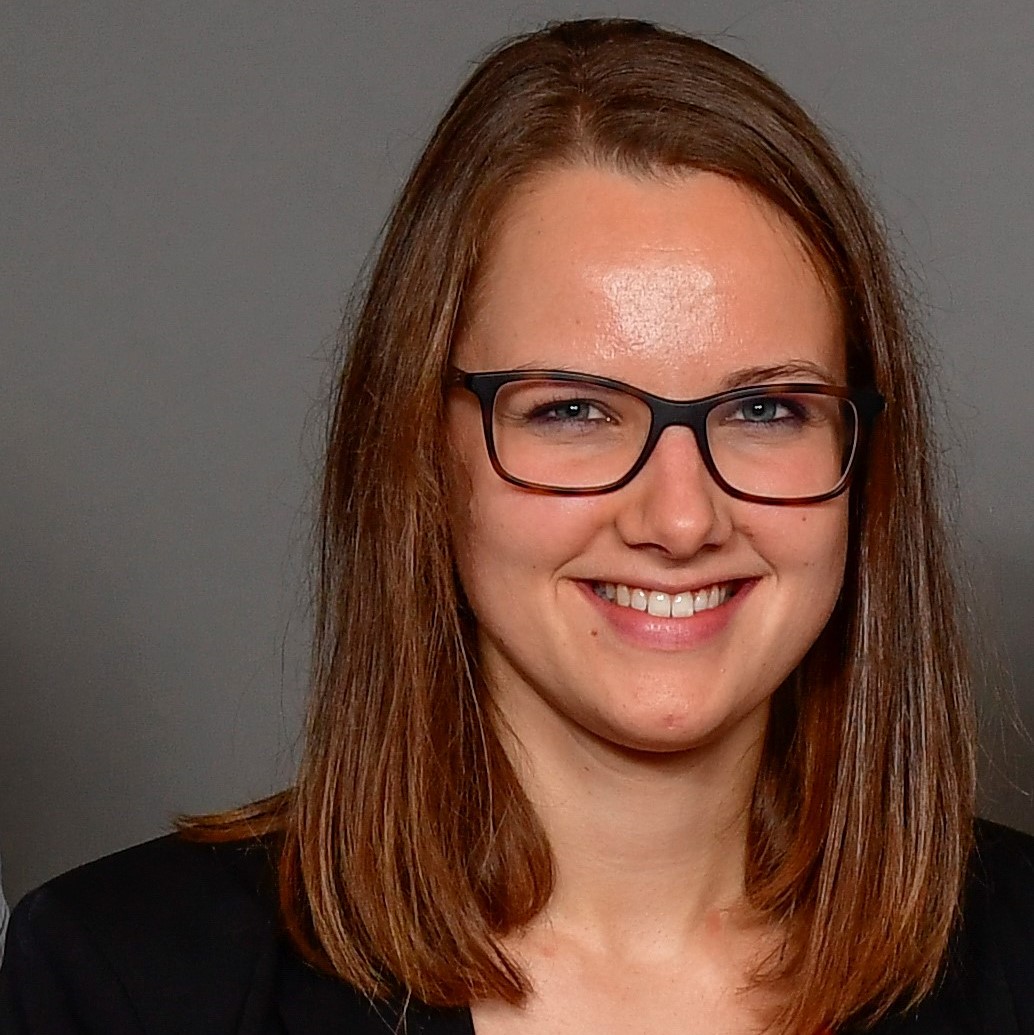 Annika Thierfelder
Annika Thierfelder
Vanessa: Massachusetts Institute of Technology with Dr. Kay Tye
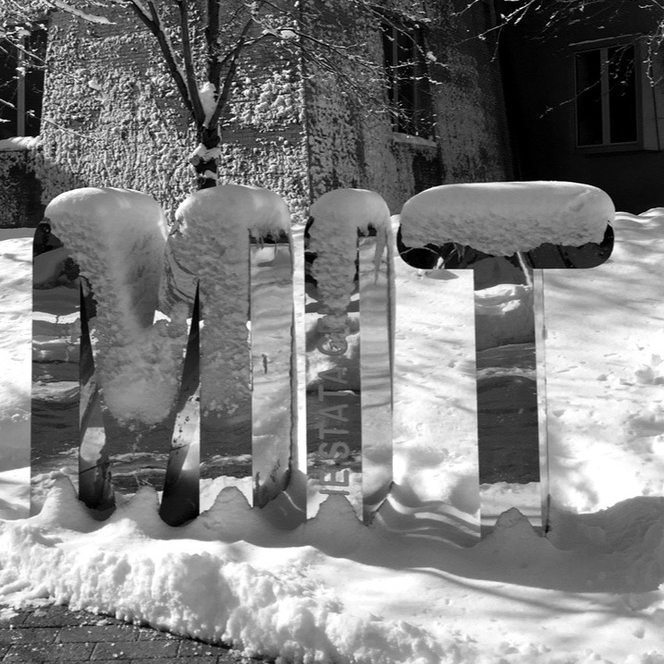
I had the opportunity to be a “visiting student” for 6 months (between March and September) to work in the Systems Neuroscience lab in the Picower Institute for Learning and Memory at Massachusetts Institute of Technology. While I was there, I worked on a project studying the effect of Neurotensin, a neuropeptide, on positive and negative associative learning in mice.
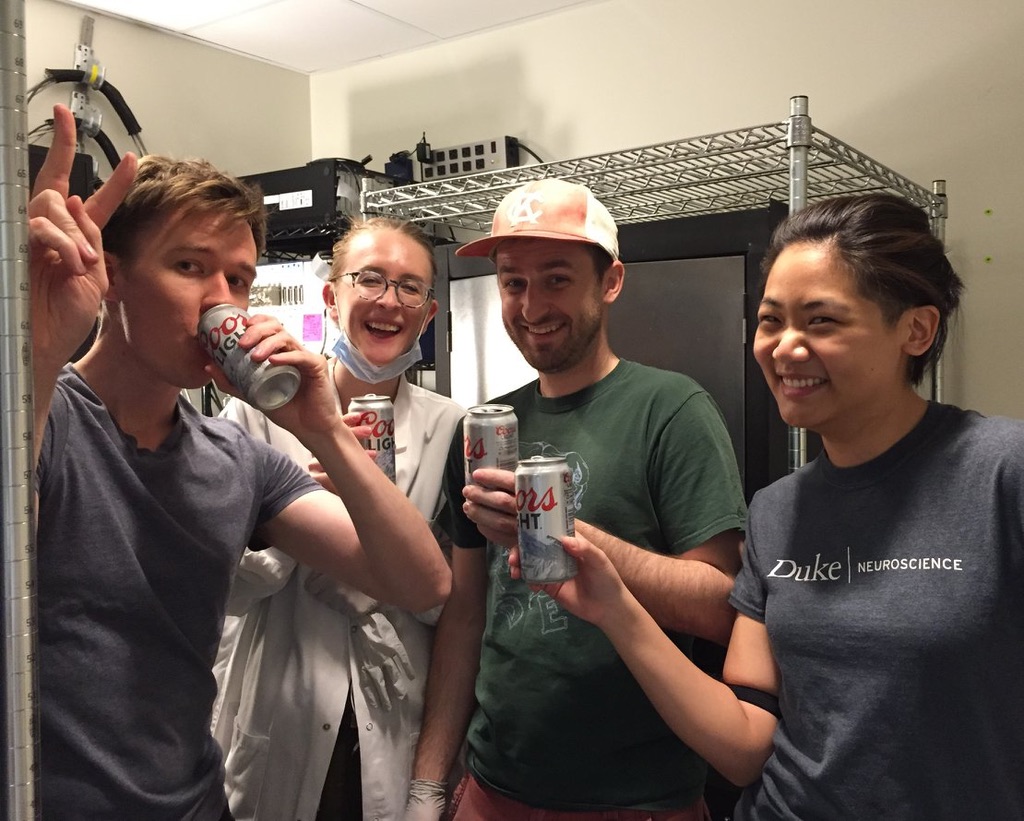
I learned lab techniques such as stereotaxic surgery with viral injections and implants, optrode implant fabrication for electrophysiology recording and optogenetic stimulation, RNAscope in-situ hybridization, and photometry head-fixed behavior. Dr. Kay Tay was an amazing mentor and has recruited and cultivated a lab environment full of remarkably passionate, motivated, and positive scientists. The access to resources as MIT was also amazing and although there were many challenges, the most cutting-edge scientific techniques were available.
Lastly, I presented my project in a poster at the Bernstein Conference in Berlin.
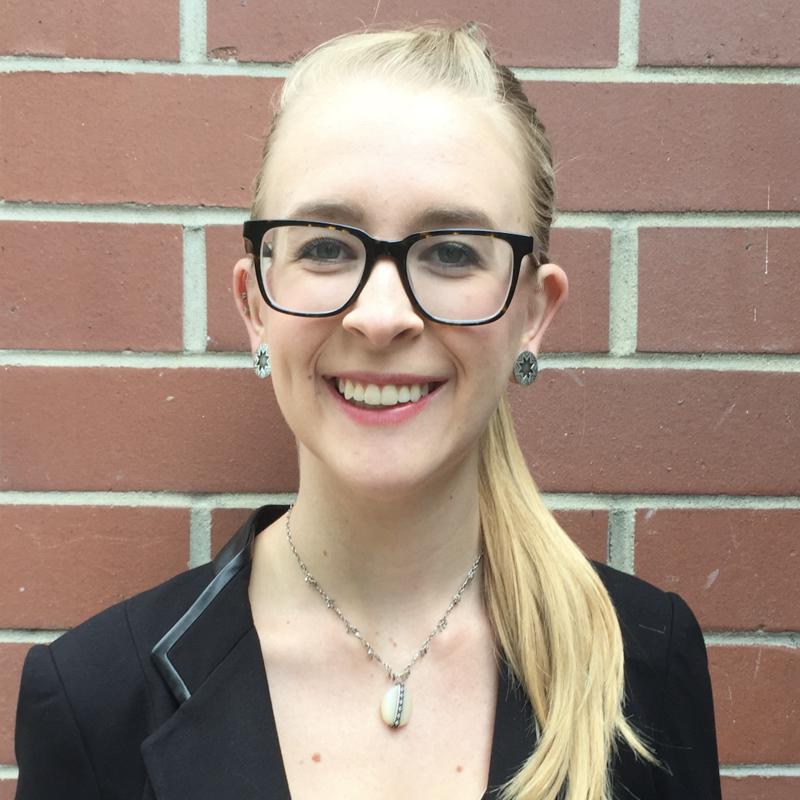 Vanessa Page
Vanessa Page
